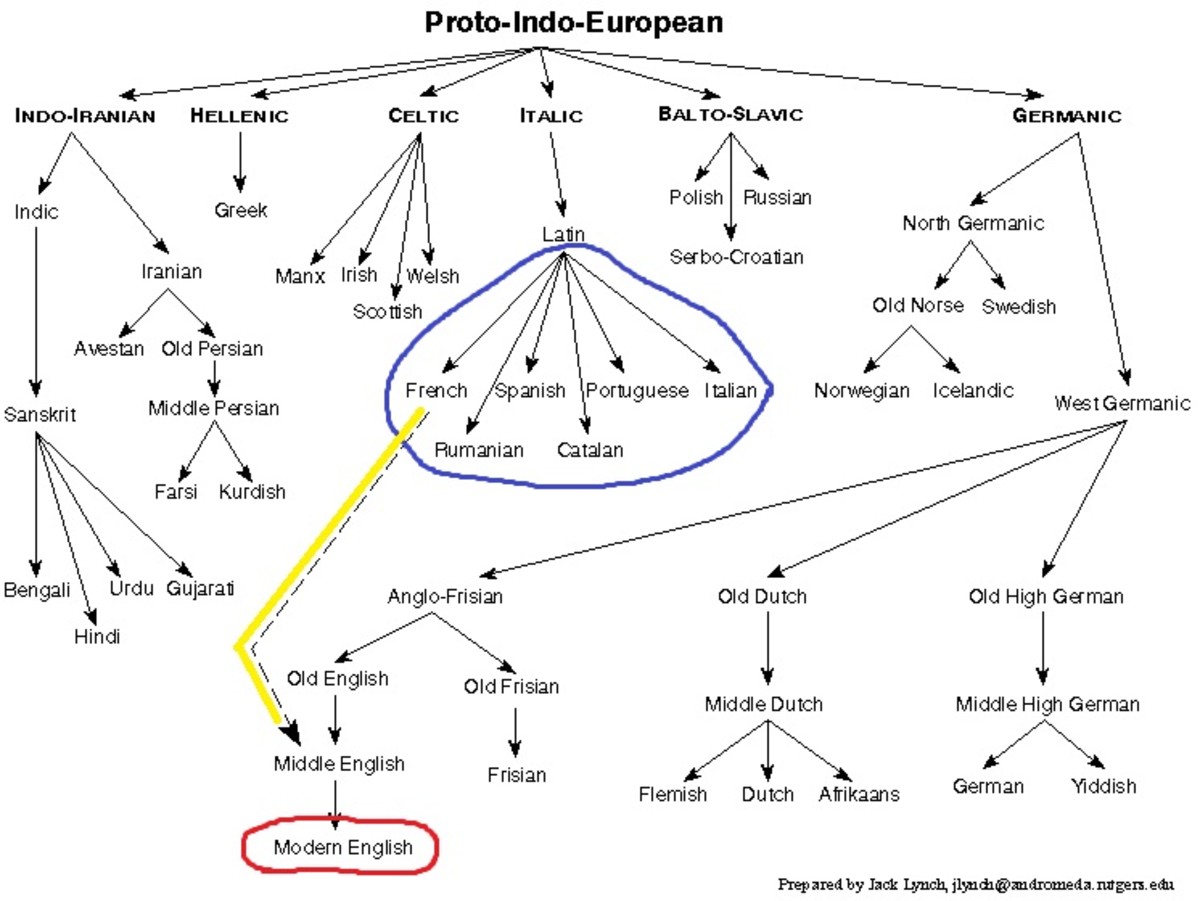Why Twitter won't destroy the English language
Even Ralph Fiennes is an authority on the matter now. The Telegraph headline "Ralph Fiennes blames Twitter for 'eroding' language" speaks for itself.
In the same article JP Davidson, allegedly a 'linguistics expert', informs us that "you only have to look on Twitter to see evidence of the fact that a lot of English words that are used say in Shakespeare’s plays or PG Wodehouse novels — both of them avid inventors of new words — are so little used that people don’t even know what they mean now."
I find it curious that it is possible to blame Twitter for the fact that modern English is not the same as Shakespearean English.

What is language and why does it change?
Linguists generally agree that humans are born with a genetically endowed mental faculty responsible for language, and that this language faculty is somehow wired into our brains. Even those who don't endorse the 'innateness hypothesis', must admit that language processing takes place inside our brains.
Assuming that language is biologically founded, and that its manifestation is within a speaker's mind, it makes little sense to talk of language as a subject of the politics of Shakespaerean philologists, if such a thing exists. Any representation of language that exist outside of our minds, such as a written texts, or a voice recording, must be processed by a human mind to make sense.
Language change does not happen on Twitter or on theatre stages regardless of how much Shakespearean English is purportedly spoken there. Language change should be attributed to the imperfections of auditory perception and processing during early acquisition stages. Mark Hale's treatment Historical Linguistics: Theory and Methods (Blackwell Publishing 2007) is a recommended read on the subject.
I'm not trying to deny that technology may affect language change. Given the random nature of language change, anything; your diet, your choice of clothing, the climate and your dog could affect language change. I'm just saying that there's nothing (useful) you can do about it.

Orthography is not language
Social media have no ban on use of minority languages, and as a result they flourish. This is a phenomenon most prominent in communities where there is no written standard for the minority language. Scientists actually believe social media will save many endangered languages!
Writing systems are conventions, and are collectively known as orthography. They are very convenient, yet they are no more than conventions. They are formal agreements between groups of people about how to use symbols to represent utterances of language. Modern alphabets are dangerously deceptive though. Their constituents, or letters, are often in close corresponding relationships to their spoken counterparts. That's why it is very easy to confuse the writing system with language itself.

Do you write Chinese?
As an exercise, consider the Chinese writing system. The Chinese writing system is not alphabetic like English, which uses the Latin alphabet. It is a logo-syllabic system, meaning that each symbol roughly represents a syllable, or in some cases, a word. Symbols may represent physical, abstract or even phonetic traits, yet there is no way to deduct pronunciation of the Chinese language merely from its symbols.
Conversely, knowledge of the Latin alphabet may allow you to make guesses about what a language written in the Latin alphabet sounds like. Be careful though; parts of the modern English writing system still contain properties of mediaeval English pronunciation, e.g. the "silent" letter sequence "gh" in words like "through" stems from the Anglo-Saxon palatal fricative originally represented by the runic symbol that looks like our number 3. This means that at least some parts of the English orthography is 14 centuries old! That's not to say that no one has ever tried to change it.

Find your voice
It is quite possible, and not unusual, to communicate in writing without conforming to an official standard. It really shouldn't surprise anyone that people make up their own writing systems. Just as with official standards, people make non-official standards out of convenience. SMS or text messages with its length constraints, had people make up their own systems of writing words with fewer letters. With instant messaging and emails, similar methods came about to save time while typing. Now we know what happened with the advent of Twitter, Facebook and so on.
One very interesting development in social media is that people have started writing in a fashion that brings them closer to an approximation of how they actually speak. Some people find it really annoying; others find it liberating. One thing is for certain: it's not very harmful to language, if we accept that a representation of how you speak is just a representation of your language, the language in your head. Nobody is going to die; and certainly not the English language, if there is such a thing as "the English language" in the first place. Is Texas English, Bombay English and Oxford English the same English? Just asking.

We can't blame Twitter for the fact that languages change all the time, everywhere, and have always done so, and will continue to do so as long as our species endures.
Twitter and Facebook and the like encourage us to write more concisely. It might just turn out to be another one of those return-to-nature things: verbios Shakesparean speech just isn't natural to us.








